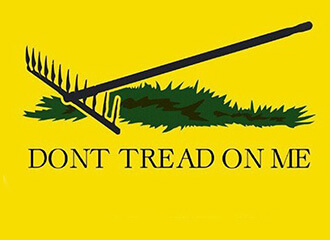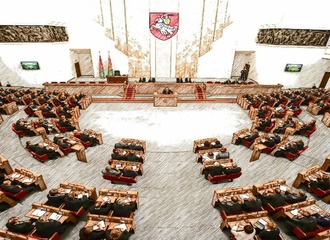На русском языке:
Мнение. Андрей Елисеев об опасном повороте с риторикой ненависти в Беларуси
Political analyst and investigative journalist Andrei Yeliseev wrote an emotional post on his Facebook page about hate speech in Belarus. Here are his words unchanged.
So, unprecedented in the modern history of Belarus, the incident with the shootout heated up society, and the subsequent reaction of the powers caused a very unpleasant ploughing of either Rwanda or Cambodia. State propagandaists prefer to talk about the upcoming Stalinist purges à la 1937.
Senior officials openly made death threats and called for mass reprisals against both commentators on the Internet on the topic of the incident, and based on the real or fictitious belonging of citizens to the category of political opponents.
Karpenkov, the Deputy Minister of Internal Affairs, said that "all those commentators, after what was said and shown, are enemies, and the enemies are especially cynical, who deserve only physical destruction, nothing else" (!)
"Deputy" Belokonev spoke in favor of mass killings on unclear group grounds in order to intimidate: "And it's necessary, as Putin said, to wet everyone in the sorter, for one of us - 20, 100 of them, as an example" (!)
These unthinkable comments were shown on the air of «state» TV channels (!), as well as all sorts of calls to deliver the «terrorist Tsikhanouskaya» to Belarus at any cost.
Moreover, the status of a «deputy» in Belarus and a parliamentarian in a democratic state governed by the rule of law are incomparable things. In Belarus, they are de facto appointed by the presidential administration. Belokonev’s appeal is not some legitimate «private opinion» of the people’s representative; in practice, Belarusian «deputies» have the status of state officials. And it was shown by a national TV channel again.
Calls for revenge on state TV channels and in social networks are often aimed at the category of the so-called "zmagars" [Belarusian opposition-ed.] – this is nothing more than a propaganda term (such as "banderists" in the coverage of Ukrainian events) used to everyone.
The term «zmagars» was known to no more than a few percent of the population of Belarus until last autumn. It came into wide use of state propaganda at the end of last year from narrow chauvinistic publics on social networks. Propaganda resources mean Belarusian-speaking citizens, political opponents of the authorities, even to the slightest extent, or even people with pro-Belarusian views when saying «zmagars» in different contexts. In short, the majority of Belarusians are now the so-called «zmagars».
They began to arrest and start criminal cases exclusively on individuals commenting on the Internet. From the point of view of international legal practice (for example, the jurisprudence of the European Court of Human Rights), freedom of expression is really not absolute, and statements calling for violence can entail legal responsibility.
However, also according to legal practice, the burden of responsibility for such statements for a simple Internet user is incomparably less than for a high-ranking state official, who is also shown on the state TV channel (!) Both the audience and the potential degree of destructive effect of such statements from the lips of high-ranking officials and reporters of state TV are much greater than from the comment on Youtube-Instagram of a common worker Vasya.
Nevertheless, only such «Vasyas» are demonstratively punished.
"You scribblers will now be worked out as accomplices in the murder and as terrorists. Tough, but not tougher than what you wrote yesterday and wrote in principle. And we don't care about the laws, sometimes it's not up to them, they can be changed!" – broadcasts the "news" program of the state television in prime time.
This is the greatest legal nihilism, which doesn’t resolve, but only exacerbates the situation.
May the Belarusian people survive this «Year of National Unity»!


